Texas voters will decide on Election Day whether state and local governments can impose limits on religious services, such as the public health orders that shut down houses of worship and businesses earlier in the COVID-19 pandemic.
If voters approve the measure, known as Proposition 3, it would add a clause to the Texas Constitution forbidding state or local authorities from prohibiting or limiting religious services.
The amendment has divided religious groups in Texas and has also amassed bipartisan support, passing both the state Senate and House of Representatives with a number of Democrats joining unanimous Republican support.
State Rep. Scott Sanford, a Republican who sponsored the Freedom to Worship Act, has said closing churches in the wake of COVID-19 eliminated critical ministries “in a time of crisis” and “violated their religious freedom.” In addition to being a legislator, Sanford is executive pastor of a church in Allen, Texas.
Eric McDaniel, a professor of government at the University of Texas at Austin, told Courthouse News Service the bipartisan support of the amendment was not surprising.
Your tax-deductible gift helps our journalists report the truth and hold Christian leaders and organizations accountable. Give a gift of $30 or more to The Roys Report this month, and you will receive a copy of “Hurt and Healed by the Church” by Ryan George. To donate, click here.
“Religion, especially in Texas, is very important to people and no politician wants to be seen as anti-religion,” McDaniel said. “Going after religion in Texas is probably worse than going after Social Security.”
Similar measures have made their way to states across the country. A February analysis by the Deseret News found legislators across the U.S. were “considering nearly 50 bills dealing with religious freedom protections during a pandemic.”
In California, Sen. Brian Jones’ “Religion Is Essential Act,” which would have deemed religious services as an essential activity during a declared emergency, failed to pass a state Senate committee. But in Arkansas, a new law declares the governor cannot prohibit a religious group from continuing to engage in religious services during an emergency.
Texas’ Proposition 3 has its share of critics.
Amanda Tyler, executive director for the Baptist Joint Committee, said the measure is overly broad and unnecessary. She told Religion News Service it sends “a damaging message that religious people are more concerned about special treatment than they are about the good of their communities.”
Tyler said Texas already has strong protections, pointing to the state’s Religious Freedom and Restoration Act “that we believe provides the right balancing standard to decide issues in the free exercise rights of individuals and communities (that) might come into conflict with government interests.”
“I would hope that the voters of Texas would understand the strong protections for free exercise that they already enjoy and understand that this extra provision in the Constitution is unnecessary, over broad and could actually jeopardize the health and safety of their communities,” Tyler said.
The headline of a Houston Chronicle editorial urged voters to vote “No” on the proposition “that goes too far,” arguing the measure “ties the hands of officials trying to keep people safe.”
But to John Greiner, who pastors Glorious Way Church in Houston, this measure is crucial. Last year, Greiner joined three other pastors in filing a petition with the Texas Supreme Court calling for Harris County Judge Lina Hidalgo’s order — that banned closed churches in the midst of COVID-19 — to be deemed unconstitutional.
From the pulpit, Greiner has preached about the importance of voting in favor of Proposition 3. And through his My God Votes campaign, Greiner wants to empower faith leaders to take a stand on issues surrounding religious freedom.
“We’re trying to let people know that the church ought to provide voting guidance for people and help them make an educated Christian decision when they go to the voting booth,” Greiner said, adding that in this case it means voting “Yes” on the measure.
“When everyone else was closed, we got a tremendous response from the faith community because many of them were very upset that their pastor closed their churches and limited their services to livestream,” he said. “We had a lot of people that came to our church while theirs were closed and some of them never went back. Some of them stayed with us.”
To Greiner, individual churches and people who go to church “should be in charge of their own health care decisions, their own risks to reward behaviors.”
“The church should be the place where people go to get healed. There’s lots of churches and some don’t believe in healing. … They should be free to close if that’s what they want to do, but I don’t think that the government should impose that upon any group at all,” Greiner said.
 Alejandra Molina is a national reporter for Religion News Service.
Alejandra Molina is a national reporter for Religion News Service.




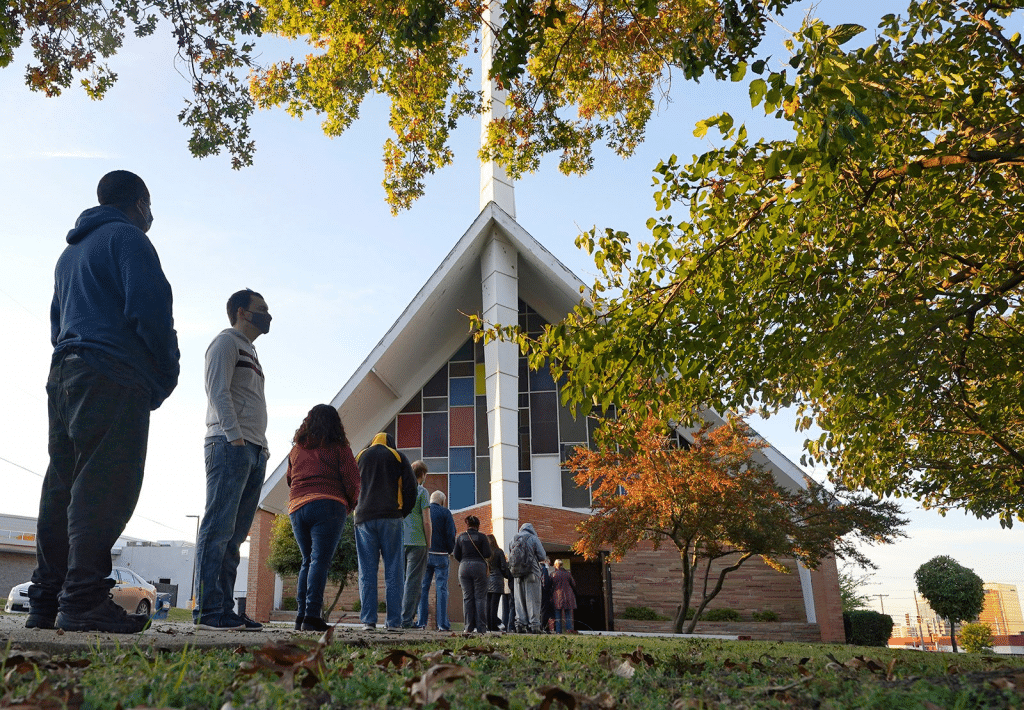
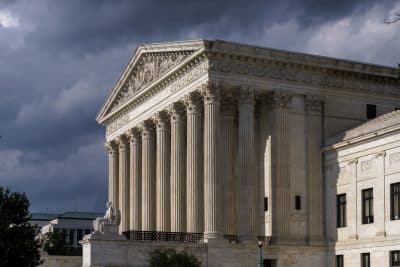
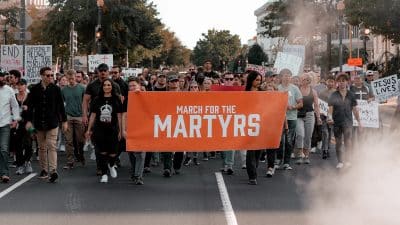
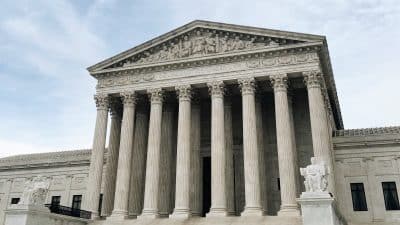



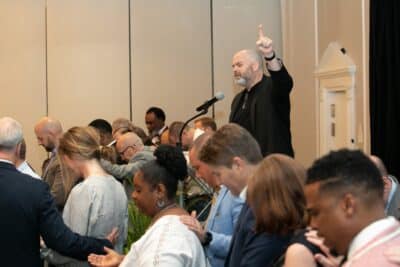
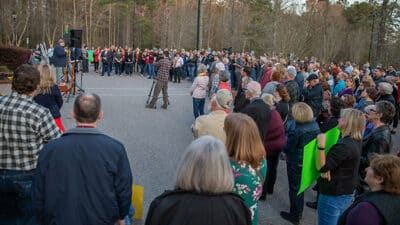
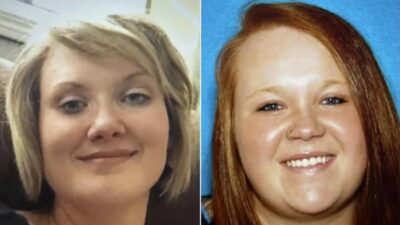






3 Responses
Since we worship the living God in spirit there is no law of man, or prohibition by man that can overcome our faith whatever the burden. God is always, has always , and forever is in control. Let man try as he wish – it is always vanity, and futile.
Covid -19 will likely have killed close to a million Americans before this pandemic is over, and it’s far from the worst pandemic-possible disease out there.
Ebola almost gained a foothold in Texas a few years ago, and there is no justifiable reason churches should be allowed to completely exempted from public health policy at a time when thousands of people a day are dying all around them from a highly infectious disease.
This is not about personal choice, it’s about preventing the communication of a deadly disease through a community, including those who chose to try and stay safe as well as kids and others unable to choose at all.
So Texas, across its (secular) democratic processes, becomes something of a petri dish workout for something of a fundamental issue for the USA as a whole. In its own way, the proposed amendment to the Texas constitution is essentially secessionist. Texas proposing to secede from the secular arrangements on which the USA is currently founded.
How the voting numbers play out, is going to be crucial going forward.